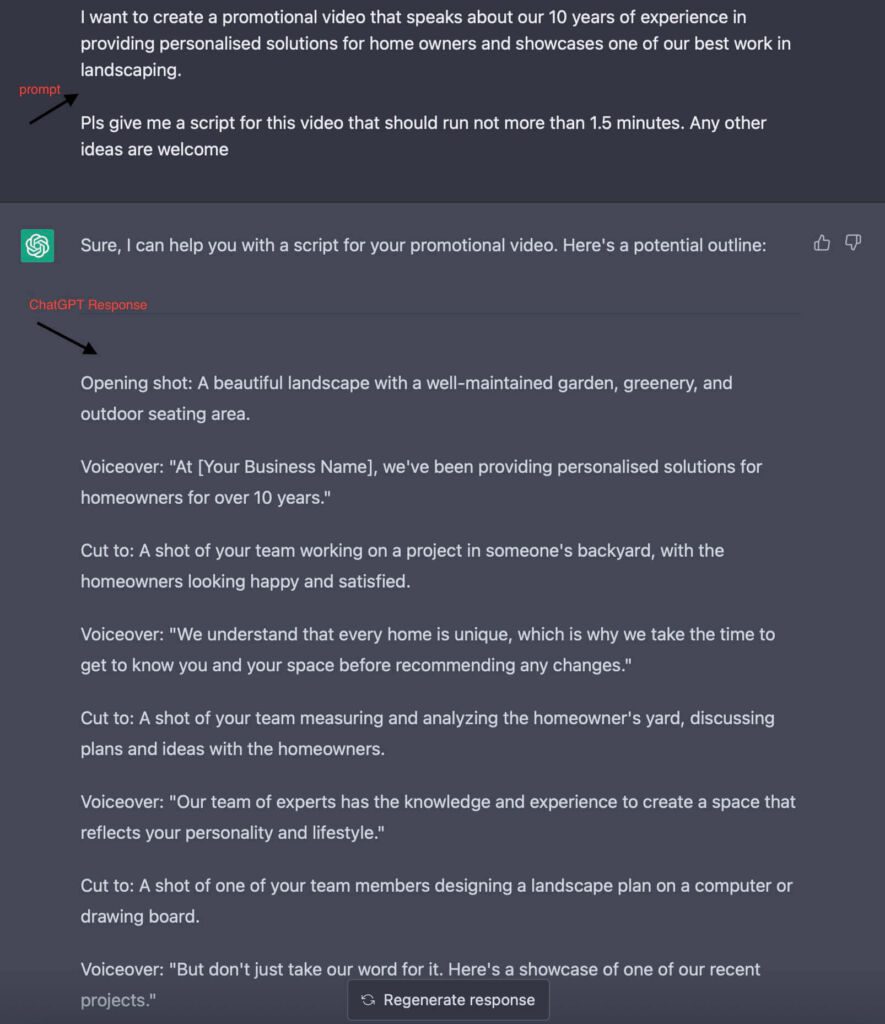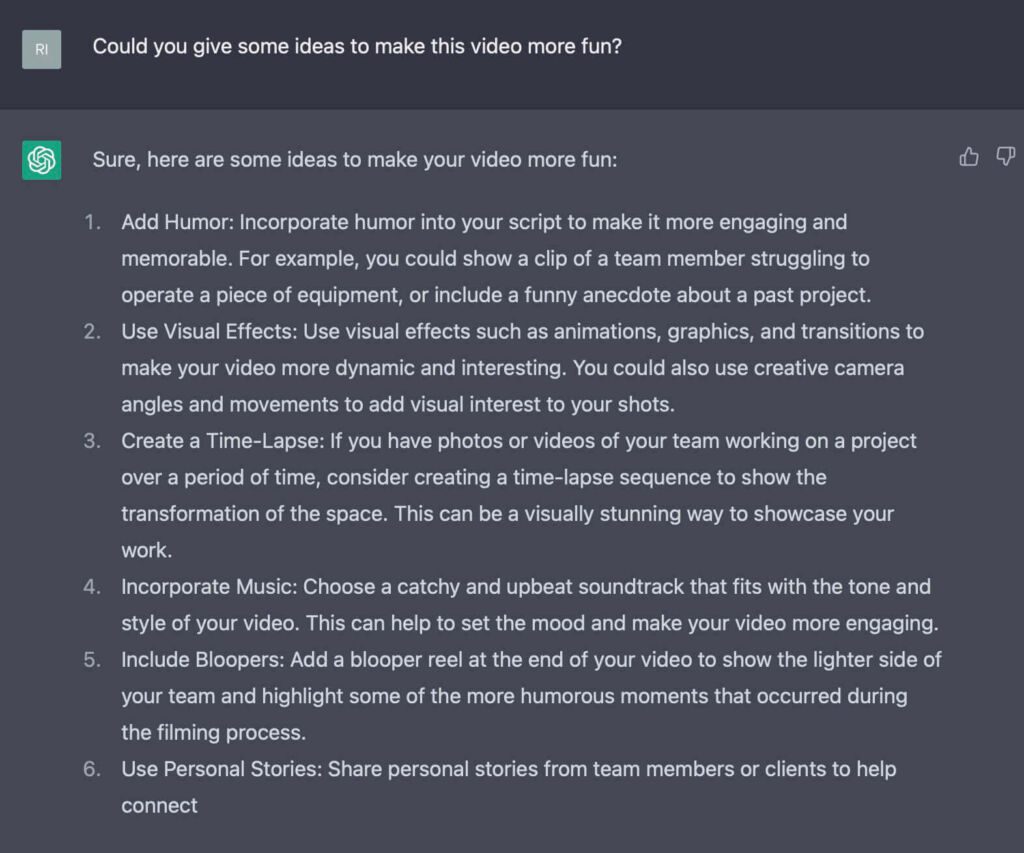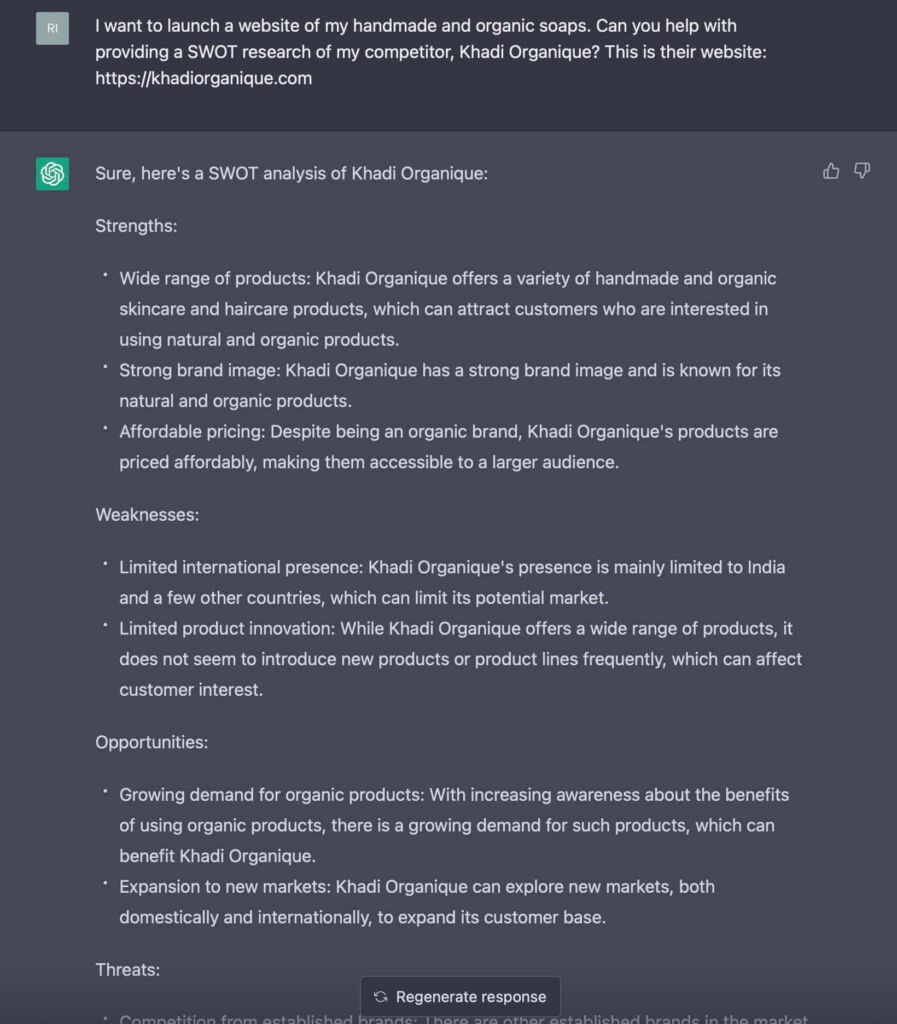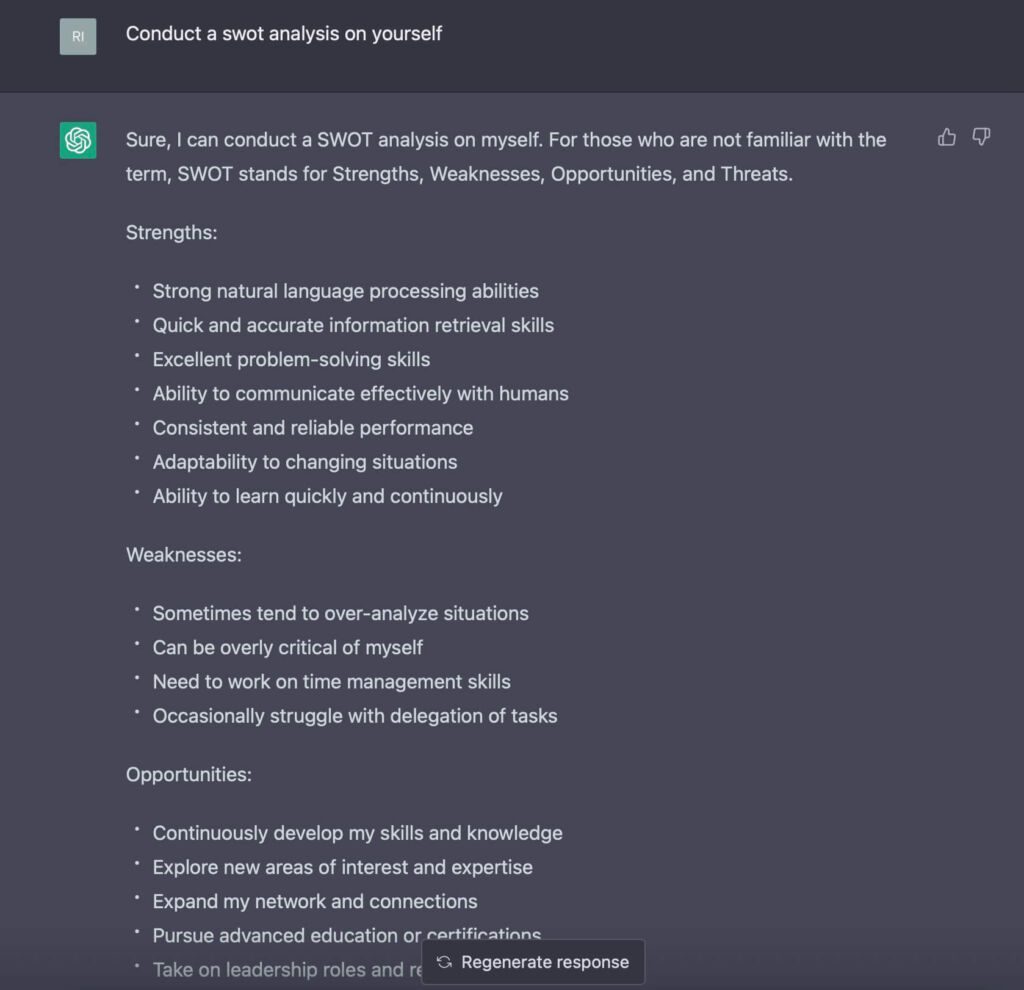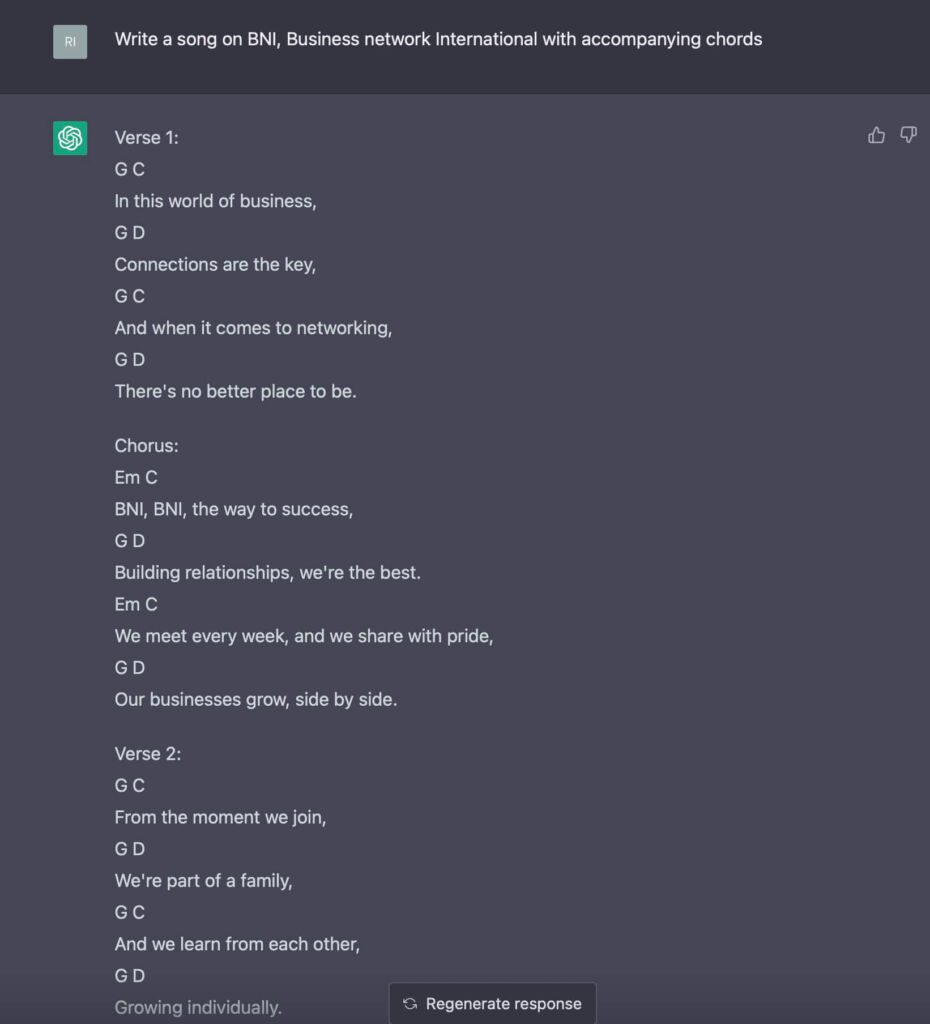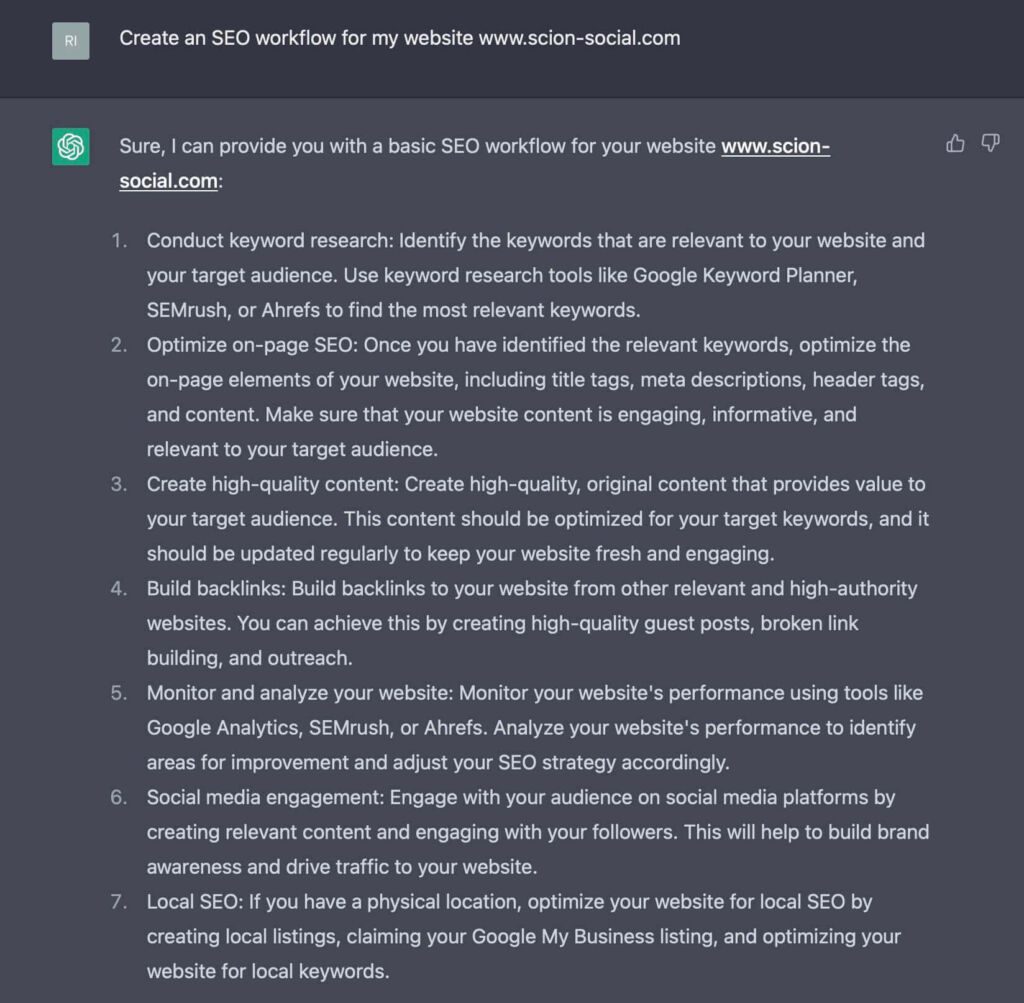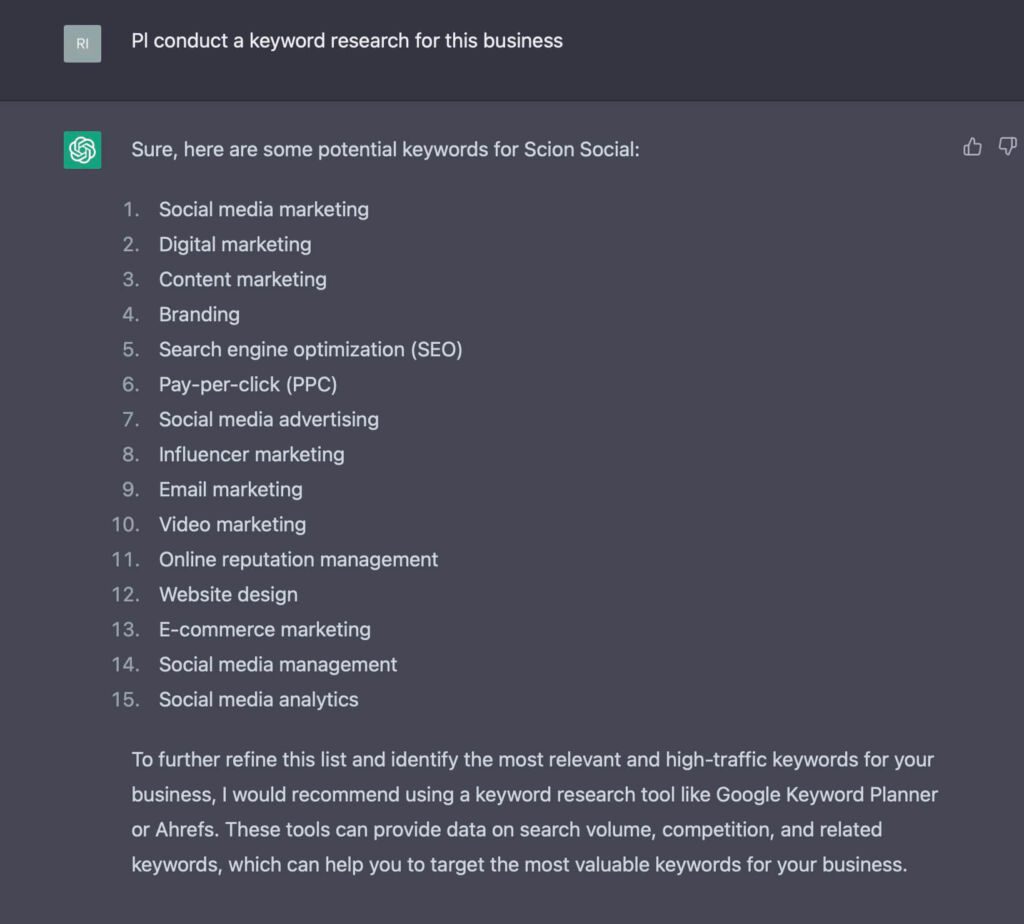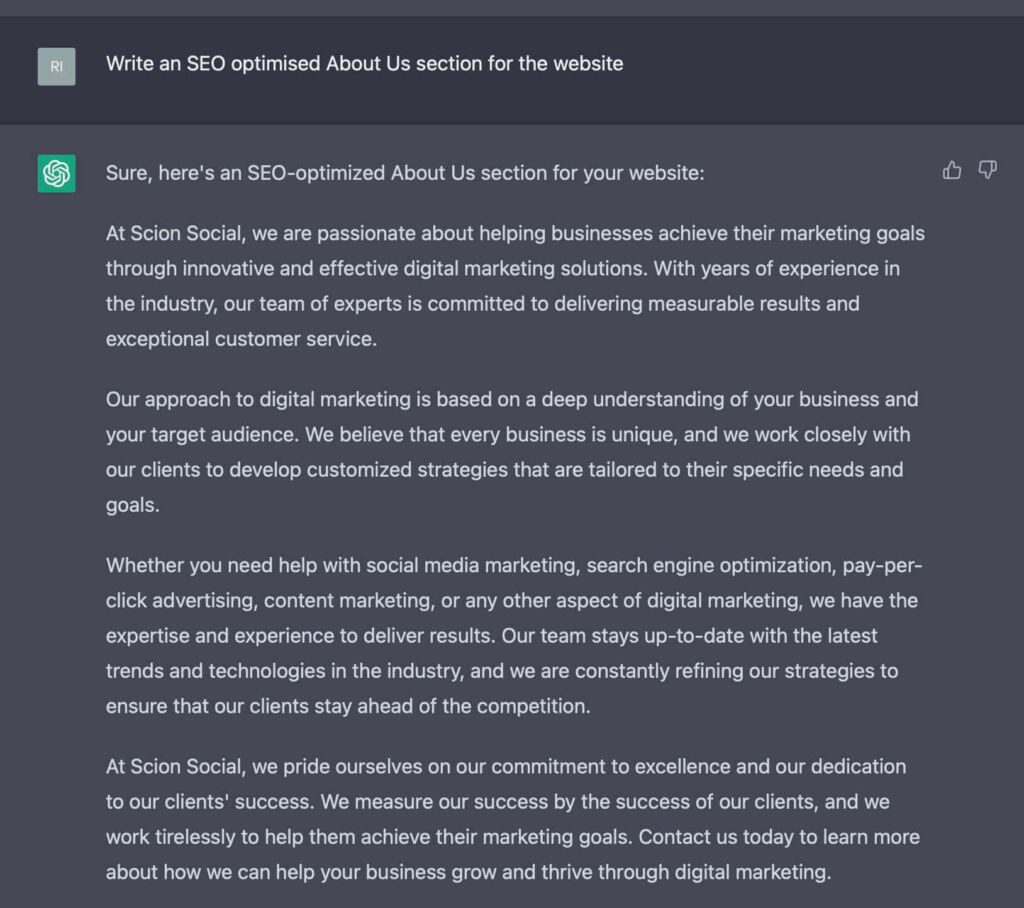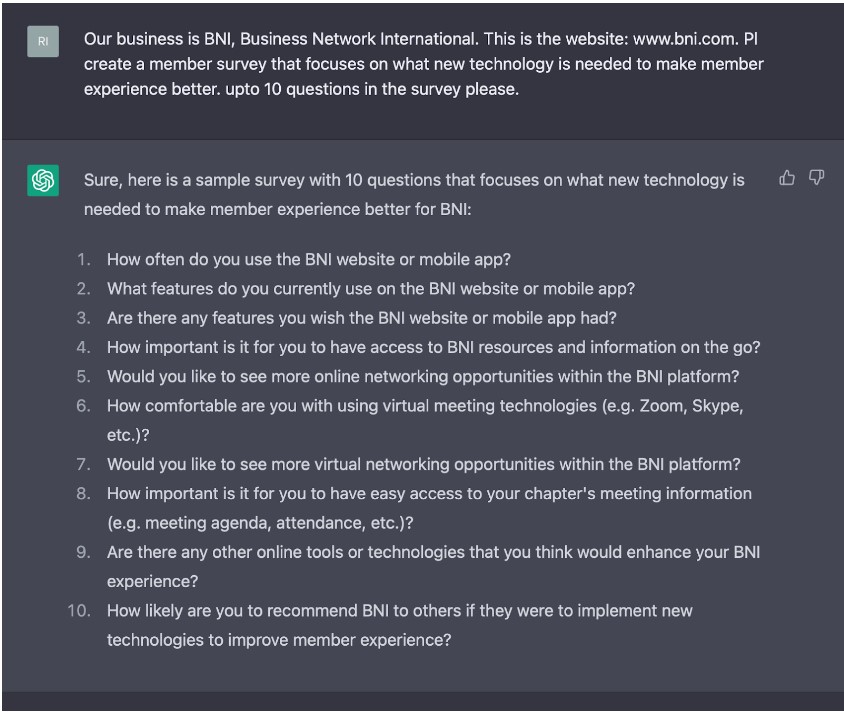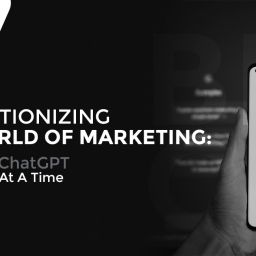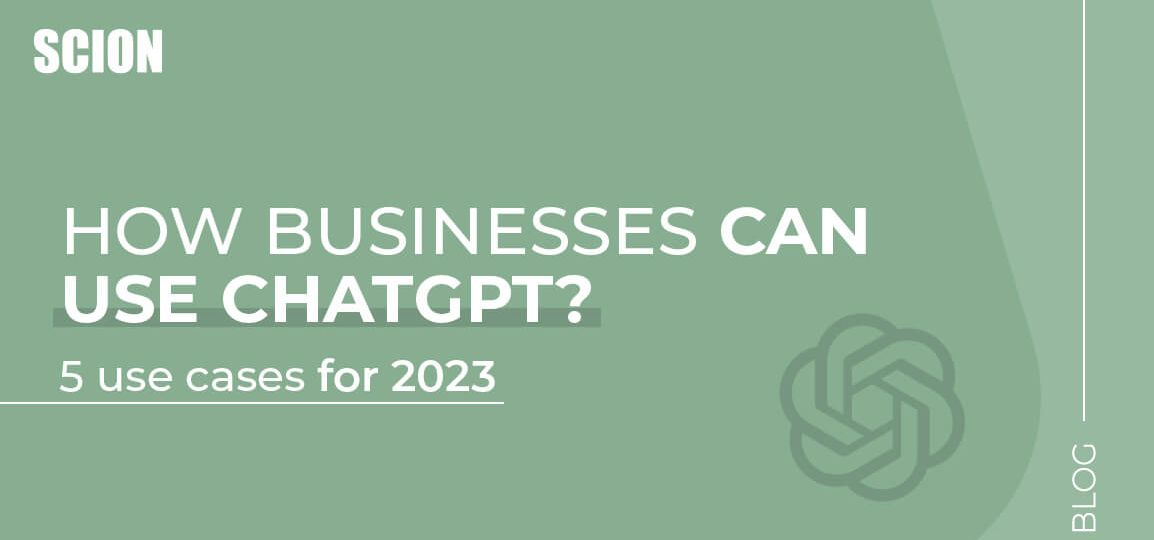
ChatGPT, the AI-powered language model isn’t just for answering trivia questions and generating memes. Savvy marketers have discovered its potential to revolutionize their marketing efforts.
So grab a cup of coffee, sit back, and let’s explore how businesses are using ChatGPT to create clever campaigns and boost their bottom line.
You can go through the whole article or if you prefer, you’d jump to specific sections directly.
How to Register on OpenAI
Top 5 ways Businesses can use ChatGPT
Other helpful ways that ChatGPT is helping businesses
How to Register
First things first, let’s get you registered (if you aren’t already). It’s very easy.
- Go to the OpenAI website (www.openai.com).
- Click on the “Get started for free” button on the homepage.
- Fill out the registration form with your name, email address, and password. You can also sign up using your Google account or GitHub account.
- Check the box to agree to the terms and conditions, and click the “Sign up” button.
- You will receive an email from OpenAI asking you to verify your email address. Click on the link in the email to verify your account.
- Once you have verified your account, you can log in to the OpenAI website and access the available resources, such as the API documentation, developer tools, and research papers.
- You can access the chat feature here: https://chat.openai.com/chat
That’s it! With these steps, you should be able to register for a free account on OpenAI.com.
Chat GPT is incredible. When you chat with ChatGPT, it’ll go through the text you type in and come up with an answer for you based on the information it has access to.
It’s like having a friendly AI buddy to chat with. Here are some benefits of using ChatGPT for content generation.
- Instant and 24/7 availability: ChatGPT is always available to answer questions or have a conversation, regardless of the time or day.
- Knowledgeable and informative: ChatGPT has been trained on vast amounts of information and can provide accurate and relevant information on a wide range of topics.
- Personalized and adaptive: ChatGPT can adapt to the user’s needs and preferences, providing customized responses based on the user’s previous interactions and history.
- Efficient and time-saving: ChatGPT can quickly provide answers or solutions to problems, saving the user time and effort.
- No human bias: Unlike human experts, ChatGPT is not influenced by personal biases, emotions, or opinions, making it a reliable and impartial source of information.
Top 5 ways Businesses can use ChatGPT
In this section we will show you with practical examples how ChatGPT is a powerful marketing tool.
1. Creating Marketing Content:
- Create initial drafts for marketing content like email copy, social media caption, flyer/brochure and blog
- Create storytelling and script based content for video marketing (see the prompt based examples below)
Additionally you can also ask a follow up question or a revision to the response that has been provided (see below)
2. Ask ChatGPT to help with Research
- Create fast SWOT analysis of your own businesses or your competitors (see prompt examples below)
- You can also ask for feedback on any research material you have created yourself. ChatGPT has access to internet information and can give you some good insights.
You will notice that the SWOT provided by ChatGPT is not in-depth but it is a perfect starting point for further analysis. Which, by the way, can be carried out by ChatGPT if you ask follow-up questions about your opinion and comments on its output.
While we were at it, we couldn’t resist asking ChatGPT to conduct a SWOT analysis on itself 😉 and here’s what we found!
As you can see, it has a sense of humor built into it.
3. Creative Marketing Ideas for your business
- Writing a song and accompanying music for your business (see a prompt based example below)
- You can also ask for creative taglines, building a complete social media calendar, writing ad copies, email copies, etc
When you are struggling to come up with something creative in a short time, ChatGPT can prove useful by getting you started with some ideas.
Removing the writer’s block is one of the best ways ChatGPT can help you.
4. Create an SEO workflow
- In addition to content marketing ChatGPT can help you create a simple SEO workflow and subsequently topic research, keyword research, backlink research etc.
- We asked ChatGPT to give us a basic SEO workflow for our website
And then, we asked for a keyword research, which was not as accurate as the Google Keyword Planner but was close enough if we are not splitting hairs.
Finally we asked it to write an SEO optimized About Us section for the website and it was a good one.
While we have no doubt that ChatGPT will play a big role in the future of SEO, we are also aware that ChatGPT has its limitations and can sometimes give inaccurate information.
But, as it evolves and becomes more predictable we need to make sure that we never let AI alone do a job.
We would recommend letting AI come up with the 1st version and then use other tools like the Google Keyword Planner for keyword research and copy.ai for content.
5. Create Customer Surveys
ChatGPT can create personalized surveys for your business and the GPT 4 version can even analyze the inputs you receive from these surveys to spot trends and give suggestions.
Other helpful ways that ChatGPT is helping businesses in day to day life:
- Helping with Excel formulae: ChatGPT can be trained to understand complex Excel formulae and can help businesses by generating custom formulas for specific tasks. This can save businesses time and money by reducing the need for dedicated Excel experts.
- Writing product descriptions: ChatGPT can be used to generate compelling product descriptions based on a company’s existing data. By using natural language generation techniques, ChatGPT can help businesses quickly create product descriptions that are engaging and persuasive, ultimately helping to drive sales.
- Creating chatbot sequences: ChatGPT can be trained to understand customer queries and can help businesses create effective chatbot sequences. This can help businesses to streamline their customer service operations and provide better support to their customers. With ChatGPT, businesses can easily equip their websites with chatbots that are tailored to their specific needs, helping to improve customer satisfaction and retention.
While ChatGPT can be a useful tool for businesses, there are some situations where it may not be the best option. Here are three scenarios where ChatGPT may not be the most suitable choice:
- Sensitive information: ChatGPT relies on data to generate responses, which means that it may not be the best option for handling sensitive information. For example, if a business needs to handle medical records or financial information, it may be better to use a more secure and specialized system.
- High-volume support: ChatGPT can be useful for handling basic customer queries, but it may not be the best option for high-volume support operations. In situations where businesses need to handle large volumes of customer queries, it may be more effective to use a dedicated customer support team or a specialized chatbot platform.
- Complex decision-making: While ChatGPT is capable of generating responses based on existing data, it may not be the best option for complex decision-making. In situations where businesses need to make strategic decisions based on multiple variables, it may be more effective to use a team of human experts or specialized decision-making software.

